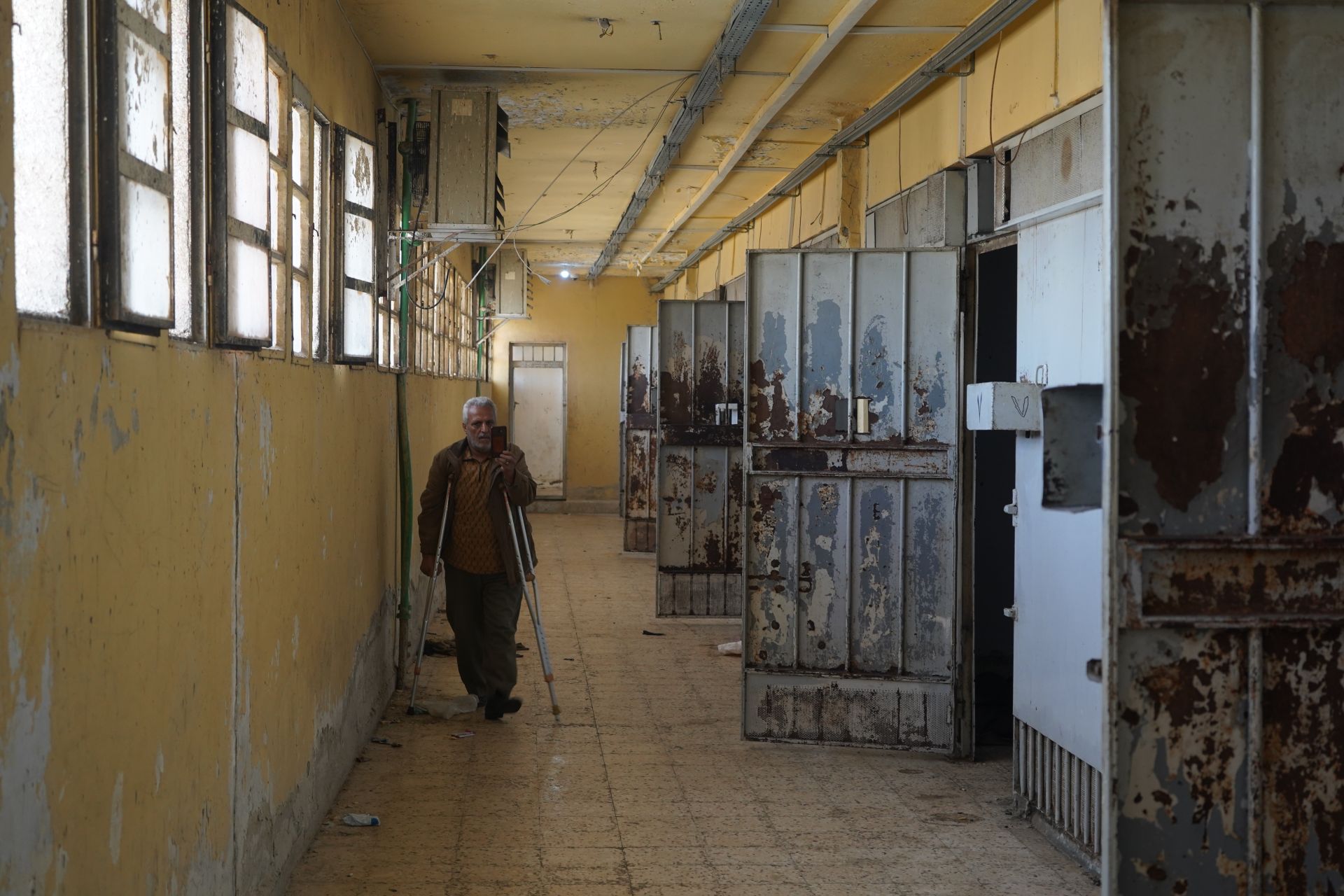Syria’s new authorities under Hayat Tahrir al-Sham arrested Mohammad Kanjo Hassan, the former head of the military judiciary under the ousted Bashar Al Assad regime, on December 26.
Hassan is the highest-ranking official to be arrested since Assad was ousted in a swift rebel offensive on December 8.
As the director of the military judiciary, he was responsible for numerous executions at Sednaya prison, according to the UK-based Syrian Observatory for Human Rights. The prison became infamous for extrajudicial killings, torture, and forced disappearances under the Assad regime.
Hassan’s arrest occurred a day after deadly clashes erupted in the coastal province of Tartus. Security forces attempted to detain him, but gunmen fought to protect him, resulting in the deaths of 14 interior ministry troops. Ten others were wounded in the fighting, according to the new authorities in Syria.
Syria’s exiled National Coalition of opposition forces has welcomed the arrest of Mohammad Kanjo Hassan, calling it an “important step toward justice and the prosecution of those responsible for crimes against the Syrian people.”
According to the Syrian Observatory for Human Rights, over 100,000 people have died in Syria’s prisons and detention centers since the civil war began in 2011.
The fate of tens of thousands of prisoners and the missing remains one of the war’s most tragic legacies. Around 100,000 people, including political prisoners, are still unaccounted for.
The Human Slaughterhouse
Mohammad Kanjo Hassan, a former officer in the Syrian army, holds a law degree from the University of Damascus. He joined the military and rose through the ranks of the military judiciary.
From 2011 to 2014, he served as the head of Syria’s military field court before being promoted to chief of military justice, according to Diab Serriya, co-founder of the Association of Detainees and Missing Persons of Sednaya Prison, speaking to The National.
Many activists and opposition figures have accused him of a series of crimes at Sednaya Prison and consider him one of the most prominent figures to be held responsible for the alleged acts.
For decades, the details of the infamous Sednaya prison, known as the “Human Slaughterhouse,” remained hidden. However, when opposition forces took control of the prison in early December, they discovered dozens of men and women trapped in lightless cells.
The prison revealed a place where horrors and suffering were routine. Sednaya’s cold, barren cement walls echoed with every movement, while small, dark cells were filled with cobwebs and stagnant water. The air was thick with rot, sewage, and death. Torture, starvation, and mass executions were commonplace in Sednaya.
Abu Mohammad al-Jolani, Syria’s transitional leader, has vowed to uphold the rule of law as the country moves past decades of Assad family rule. The newly formed administration, under al-Jolani, has also committed to holding former officials accountable for their crimes.
Syria’s revolution, which began in 2011, was driven by the widespread abuses under Bashar al-Assad and his father, Hafez. The resulting civil war claimed over 600,000 lives, while approximately six million Syrians fled the country, primarily to Turkey and Europe.


